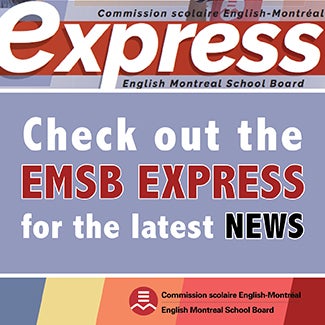Robotics, Coding and Artificial Intelligence – Preparing For the Literacies of Tomorrow
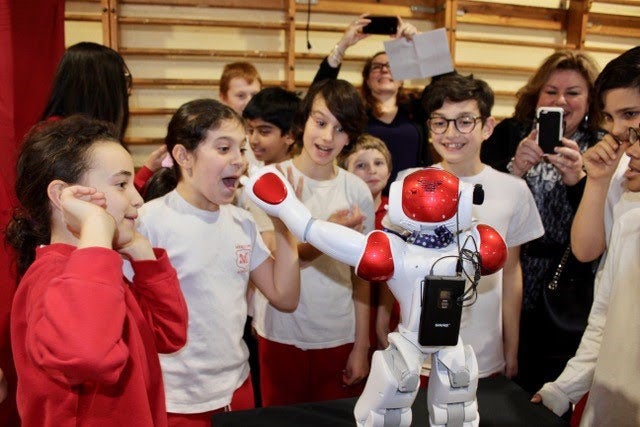
It is no secret that at the primary and secondary level at the English Montreal School Board (EMSB), robotics has played a key role – both within the curriculum and as an extra-curricular activity – towards achieving a wide knowledge and better understanding of both science and technology. Many of these schools have distinguished themselves as participants in numerous robotics competitions, not only across Montreal, Quebec and Canada, but around the world as well. They have the awards and prizes to prove it.
However, to understand the mechanics of robotics and artificial intelligence, students have to familiarize themselves with the processes that go before and after the creation of a robot, such as coding. And that understanding begins right at the Kindergarten level.
On the eve of Kindergarten and Elementary School Registration Week, which runs from February 5 to 9, the EMSB has unveiled ambitious new initiatives under the theme of “Robotics, Coding and Artificial Intelligence – Preparing for the Literacies of Tomorrow.”
“The concept of coding and robotics are all inter-related and go hand in hand with each other,” EMSB Chairman Angela Mancini stated at a press conference held at Merton Elementary School in Côte Saint-Luc.
EMSB Assistant Director of Education and Technology Services (ETS) Anna Villalta notes that students are on the cutting edge when it comes to the latest trends and innovations in technology and robotics.
The decision to showcase this bold initiative at Merton was no coincidence. “Merton has been the longest standing school to have robotics integrated into their curriculum; it has been a sustainable program there since 2003,” said Ms. Mancini.
Five components have been unveiled related to the EMSB’s quest towards getting that cutting edge in integrating robotics, coding and artificial intelligence in elementary and high school curricula.
COSPACE ROBOT EDUCATIONAL PLATFORM
The EMSB will become the very first school board in Canada to implement a Co-Space Robot Educational platform. Used in schools in over 20 countries such as the UK, Germany, Austria, Japan, Sweden, Mexico and Brazil, the Co-Space Robot platform helps students to develop their computer thinking skills, as well as their involvement in programming, coding and algorithms, in a more fun and engaging manner. This is done through the integration of information technology and digital game-based learning with educational robots. Featuring customizable 3D virtual environments with simulated real-world physics, an interactive graphic interface, a high level programming language coding for advanced users, and robots that are both virtual and real, the Co-Space Robot platform will give students the opportunity to create and program their own robots in both virtual and real-based environments.
NAO ROBOT PROJECT FOR SPECIAL NEEDS
The EMSB is introducing a new robotic initiative that will specifically benefit students with special needs. The “NAO” robot project is a collaboration between the EMSB and the team of Dr. Thierry Karsenti from the Université de Montréal, along with the support of the Education and Technology Services and Student Services Departments.
“NAO” is a humanoid robot that will be programmed and coded by students, with the support of ETS personnel, based on the specific needs of the students that “NAO” will interact with. What is programmed in the robot can range from responding to instructions, singing simple songs, reading stories, questioning, to communicating with NAO by using the appropriate pragmatic language. "Programming the NAO robot can include providing instructions, singing simple songs, reading stories, questioning, to communicating with NAO by using the appropriate pragmatic language, showing emotions, and more.
“This is quite a new trend. NAO will give students with special needs a chance to not only interact with a robot, but see how engaged they will be as a result of these interactions,” said Dr. Karsenti. “The goal of this program is to collect data so that we can evaluate the impact that NAO will have with these students, and give us a better understanding of how much of an impact a progressive, level-based, mastery-based robot education can have.”
ROBOCUP INTERNATIONAL IN MONTREAL
Montréal will be hosting the 22ND RoboCup International Competition and Symposium being held from June 17 to 22 at the Palais des congrès. RoboCup is an educational student initiative with an international community that fosters talent in fully autonomous robotics, machine learning, programming languages encompassing all subjects of STEAM (Science Technology Engineering Arts and Mathematics). The EMSB will be playing a prominent role in this prestigious robotics event as a major event partner. Sara Iatauro, EMSB ETS Robotics Consultant, is the acting General Chair for RoboCup 2018. EMSB RoboCupJunior Quebec qualifying teams will be amongst the competing students at the international event as they have since 2001. Other EMSB students and teachers will have an opportunity to be present to participate in additional robotics training, coding workshops, seminars, the symposium and collaborations on new innovations to further their knowledge and skills. Students and teachers will be bussed in everyday to experience vast learning opportunities and collaborations with international teachers, students, researchers and RoboCup partners.
RoboCup 2018 will be the largest robotics and artificial intelligent event ever to be held in our city and this year. Based on the previous RoboCup International events, the city of Montreal and Palais des congrès have estimated the economical benefits to be about $10 million. This event is expected to attract over 4,000 participants from around the world. It will be open to the public and attract over 30,000 visitors from around the world Dr. Changjiu Zhou, vice-president and Trustee of the RoboCup Federation, flew in from Singapore to attend the press conference. Dr. Zhou is the Center Director of Advanced Robotics and Intelligent Control Centre at Singapore Polytechnic University as well as the driver of the Singapore Smart Nation Initiative and RoboCup Asia-Pacific Advisory Board.
NEW STEAM SCHOOLS
In January 2017 the EMSB held a press conference to introduce its STEAM (Science, Technology, Engineering, Arts and Mathematics) initiative. At the time only two elementary schools, General Vanier in St. Léonard and Pierre Elliott Trudeau in Rosemount, were piloting the program.
The initiative, overseen by ETS consultants Sara Iatauro, Nicholas Doyon and Chad Leblanc, has now expanded to 15 schools. New additions are: Elizabeth Ballantyne in Montreal West; Pierre de Coubertin, Honoré Mercier, and John Paul I in St. Leonard; Coronation in Côte des Neiges; Westmount Park; Carlyle in TMR; Gardenview in St. Laurent; Michelangelo International in RDP; James Lyng High School in St. Henri; Dalkeith in Anjou; LaurenHill Academy in St. Laurent and Bancroft in the Plateau.
At the press conference, a number of elementary students – from as early as kindergarten – gave a live demonstration of how they code and interact with the “language of tomorrow.”
“We don’t know what the job market will be like, or what career choices will be important in the future, because technology moves so quickly,” said Ms. Mancini. “However, because we are teaching our students computer technology and how to code starting in kindergarten, we are showing parents that we are preparing their children for tomorrow.”
UBISOFT AND YOUTH FUSION
The EMSB is also pleased to announce a partnership with Ubisoft CODEX and Youth Fusion. Ubisoft CODEX unites many initiatives aimed at youth at all levels of the education system that position video games as a motivational learning tool. Youth Fusion focuses on experiential learning by implementing innovative pedagogical projects in various fields, including robotics, video game creation, entrepreneurship and fashion design. Beginning in the next school year, Youth Fusion will work directly with Ubisoft professionals to bring aspects of gaming and coding into some EMSB classrooms. Students will learn how to create video games and will focus on issues like empathy and conflict resolution and on the pedagogical side, mathematics, French, English and history. Ubisoft game developers will also be present to talk to the youngsters about jobs in the industry.
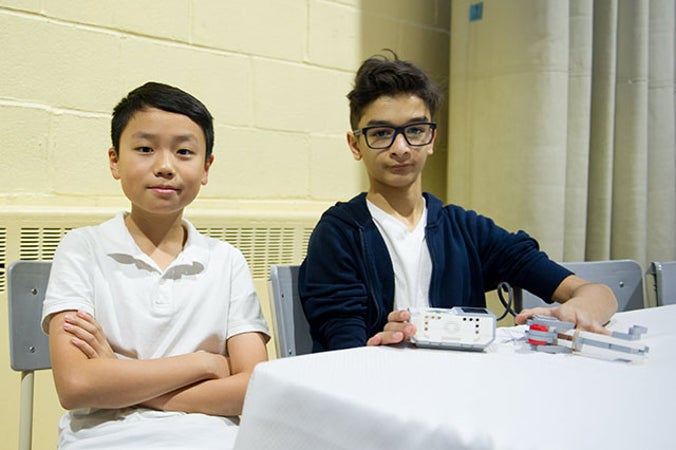
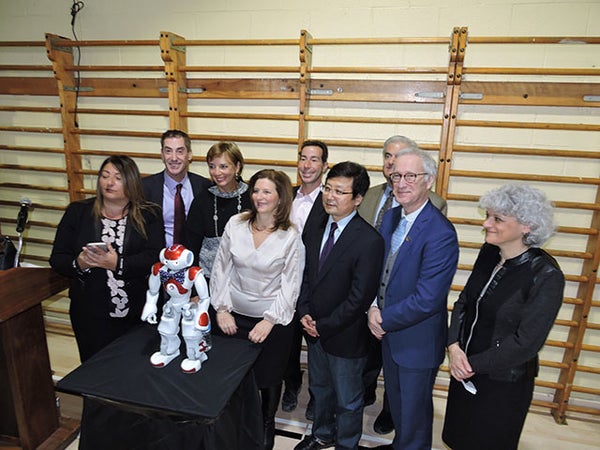



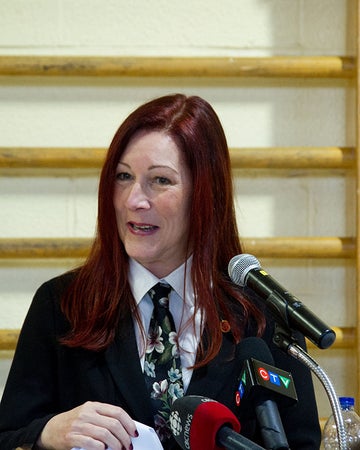
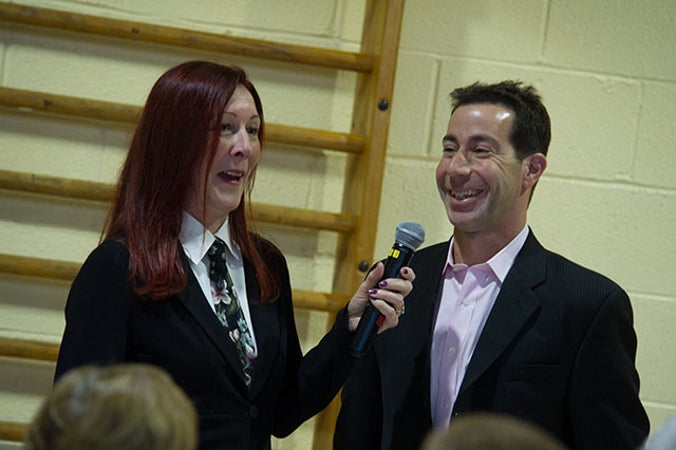

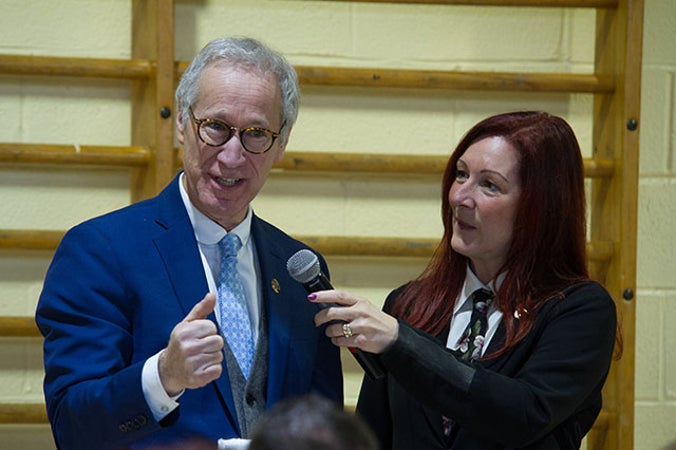
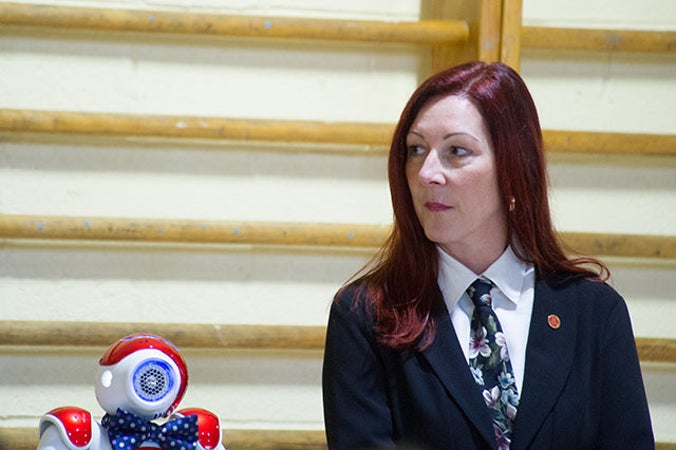
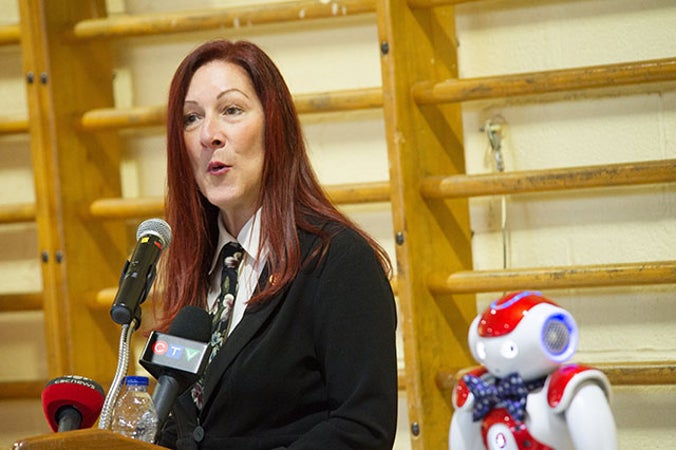
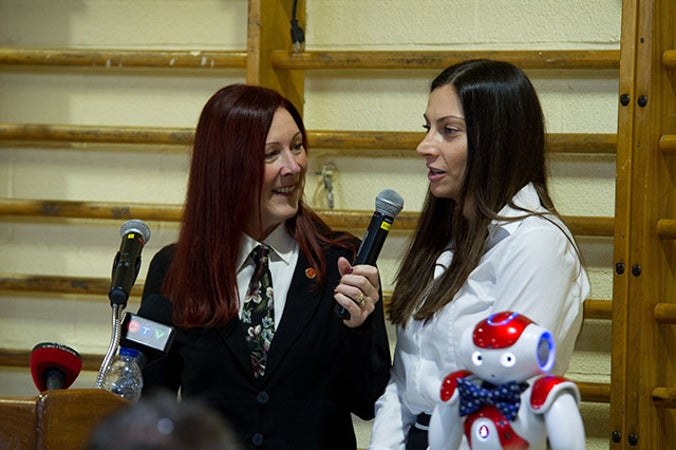
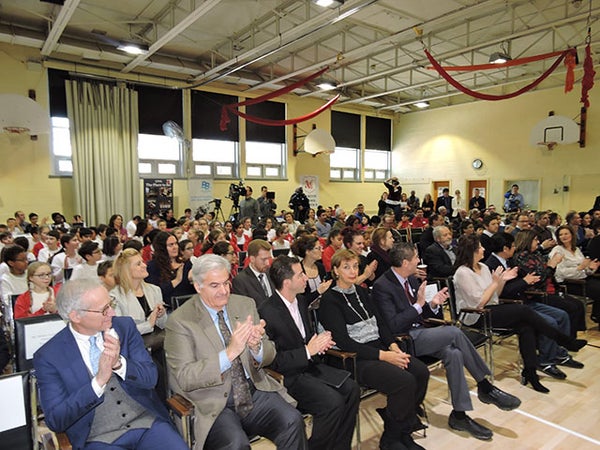

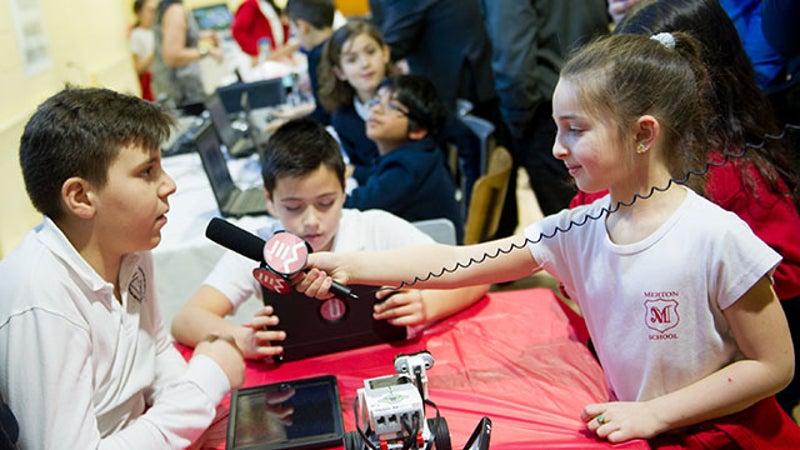
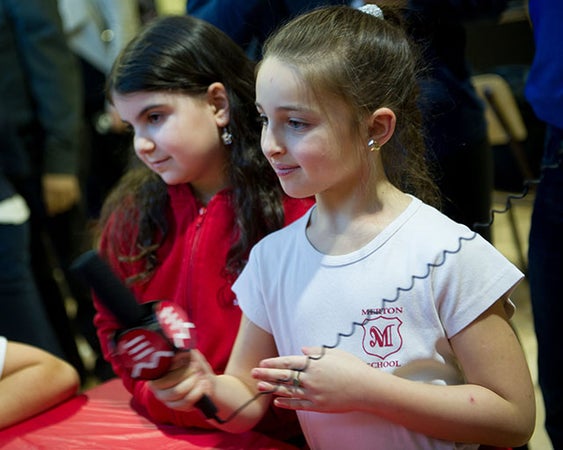
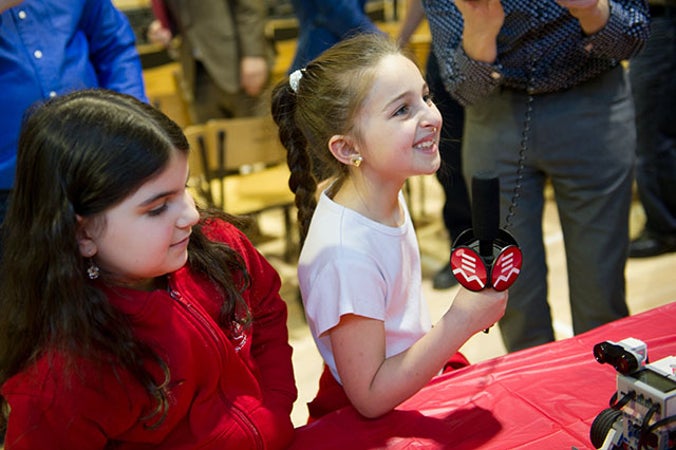
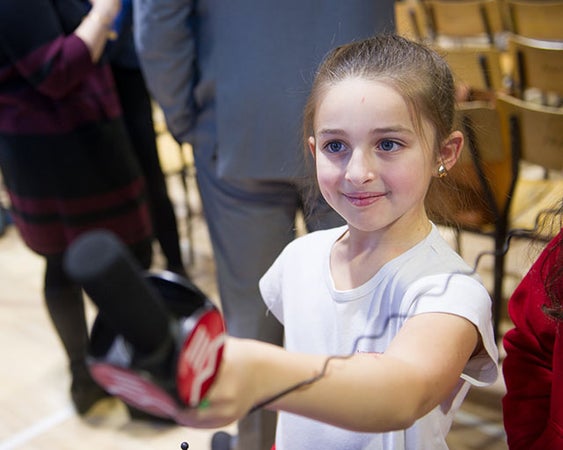
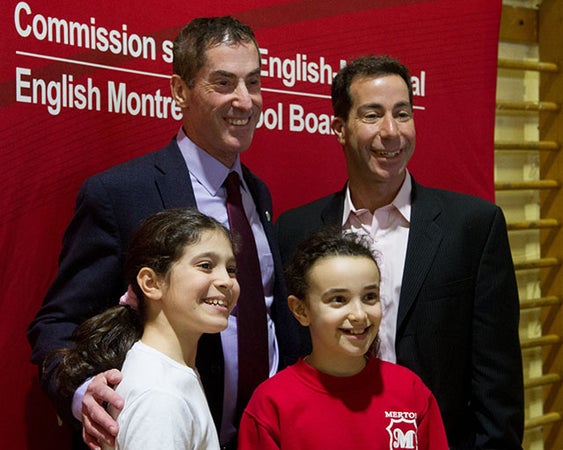
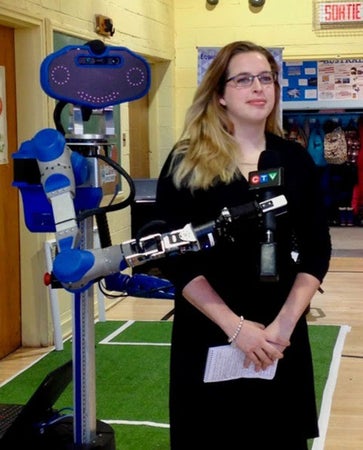
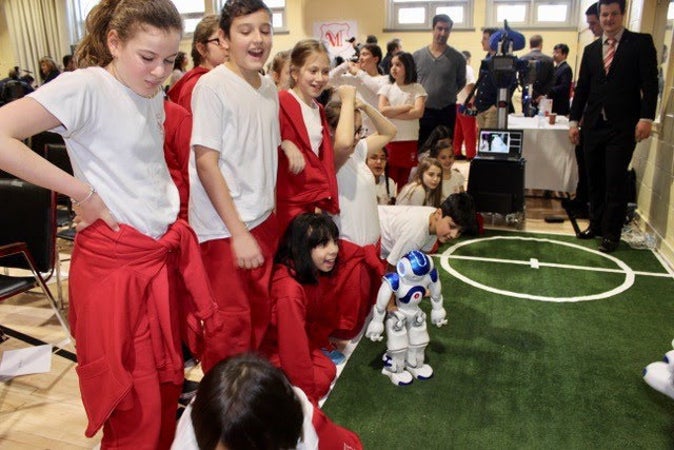

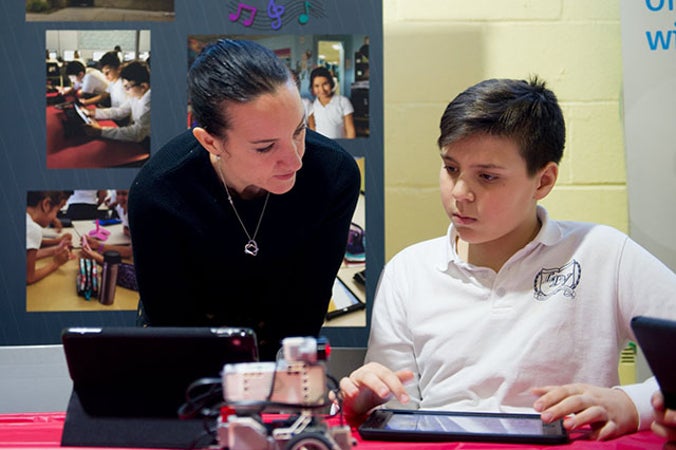
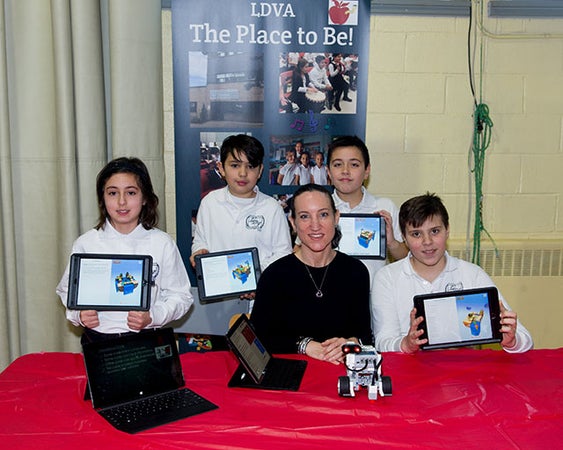
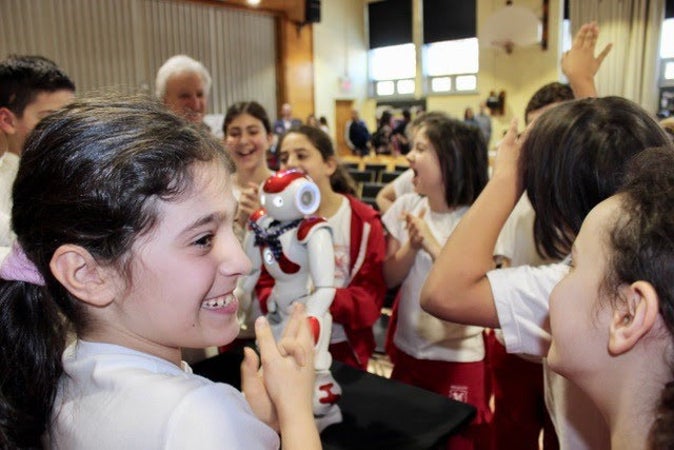
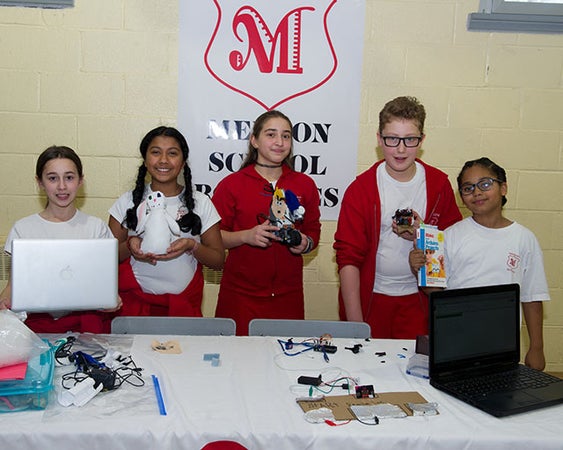
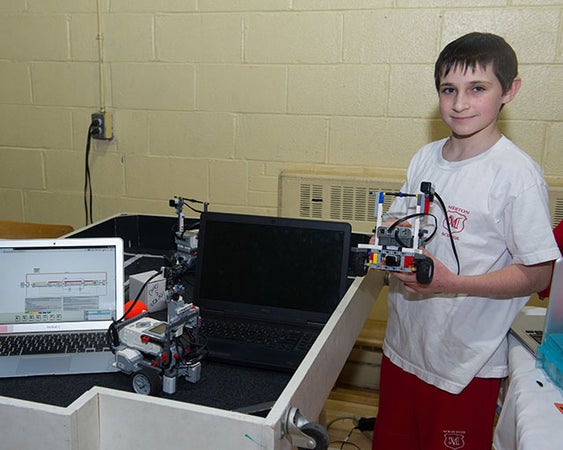
.jpg?h=450)
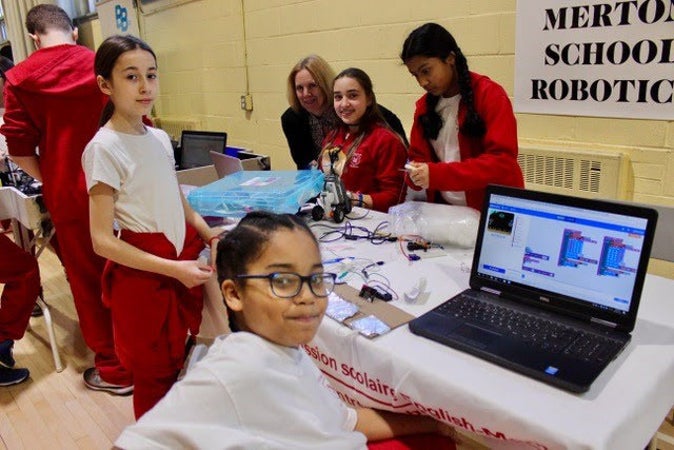
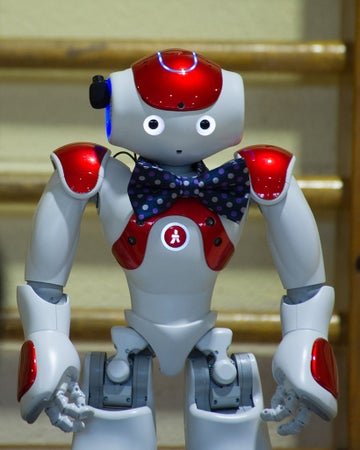

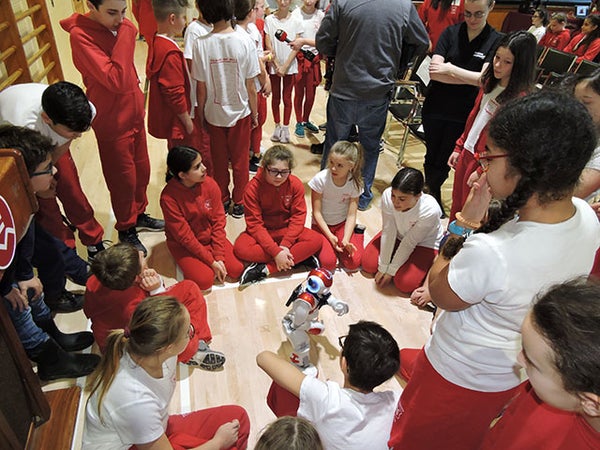

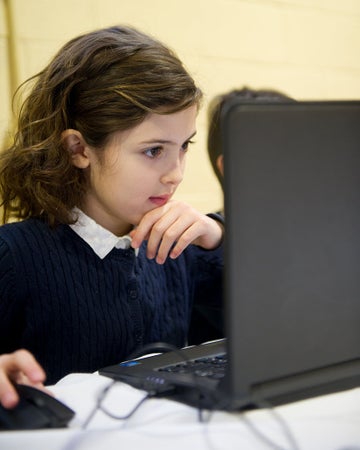
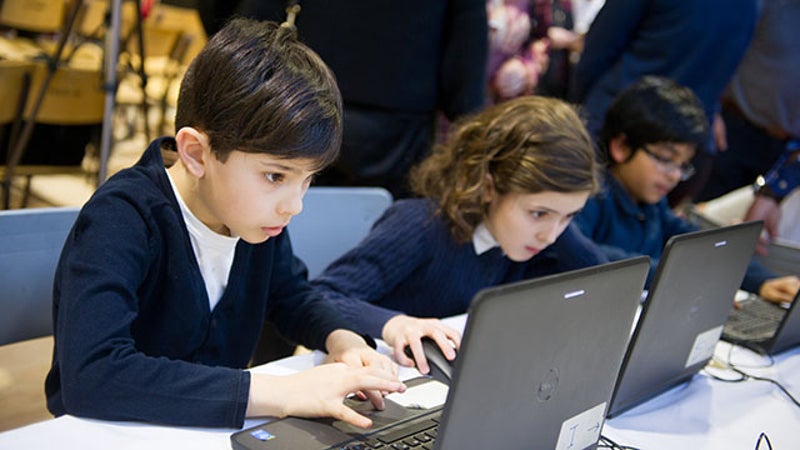
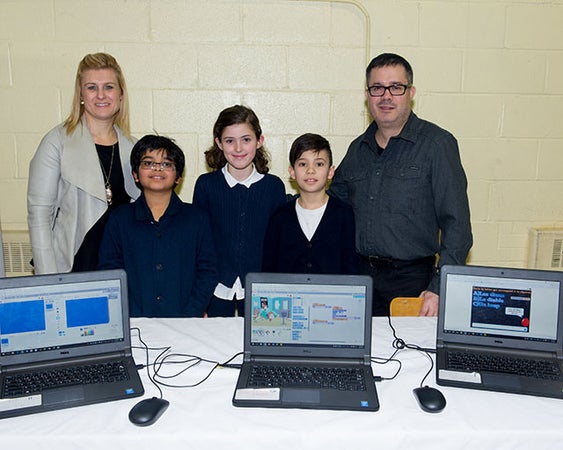
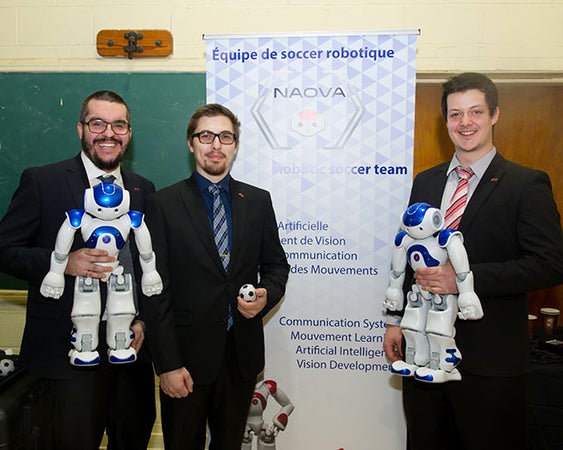
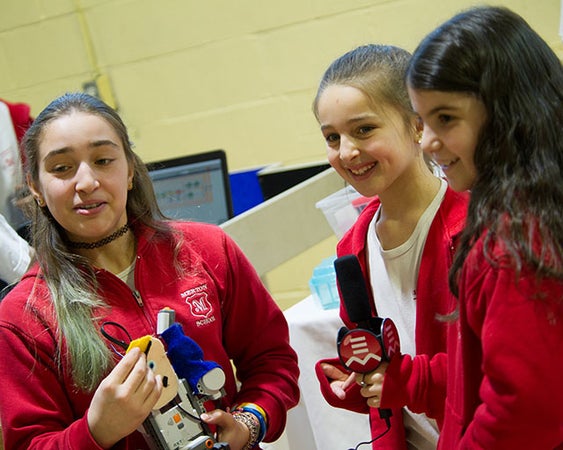
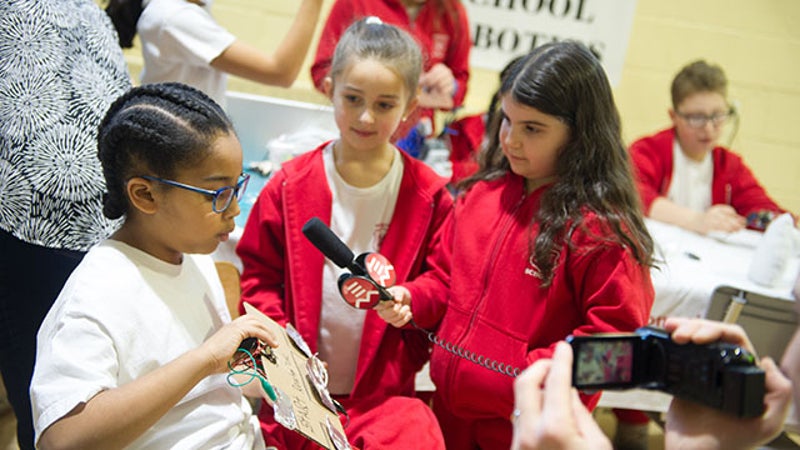
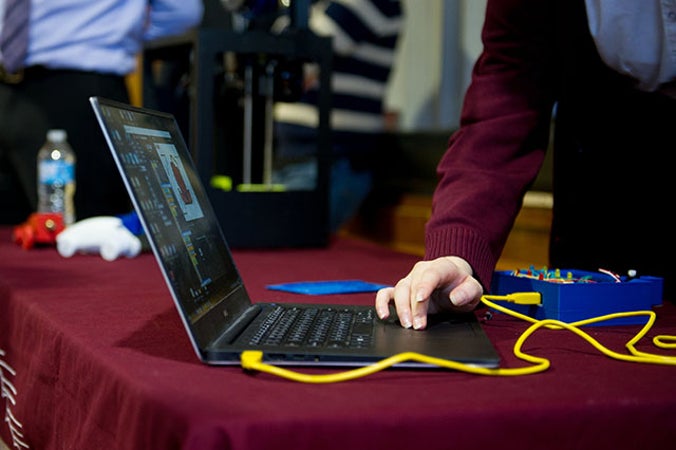
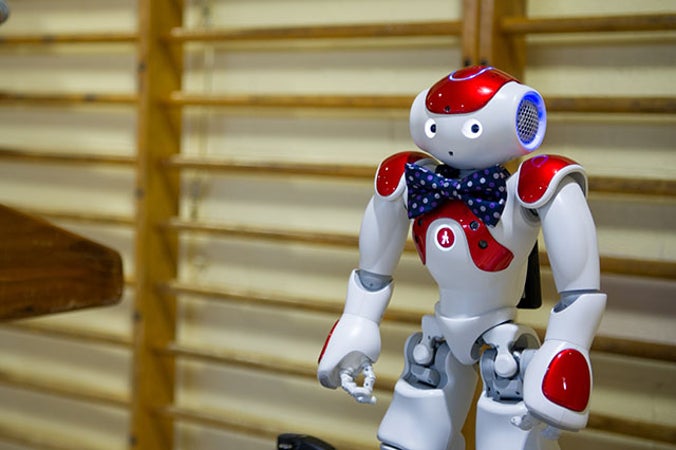
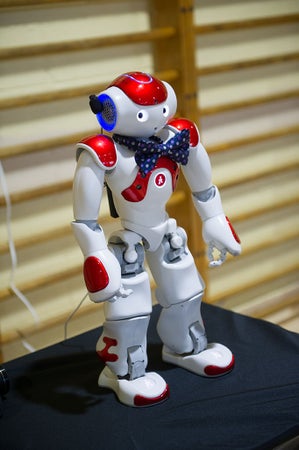
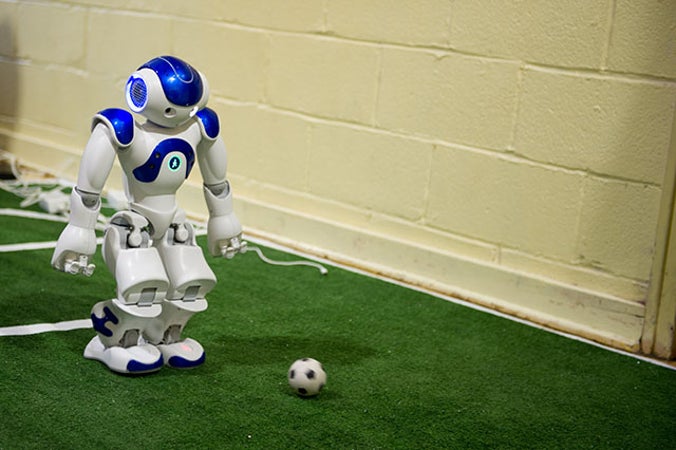
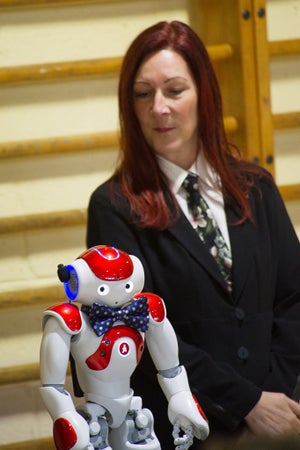
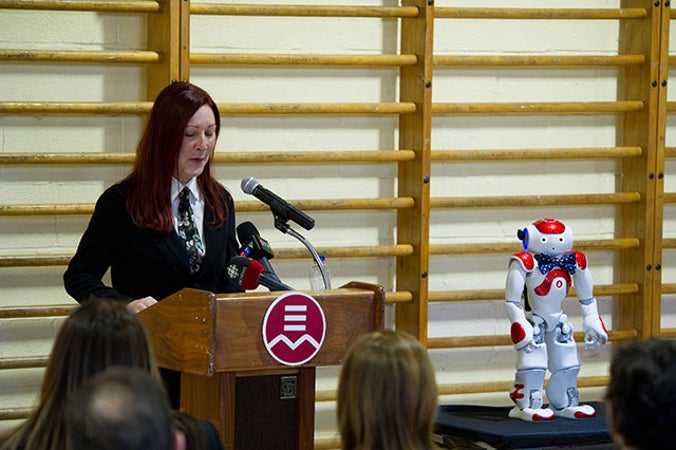
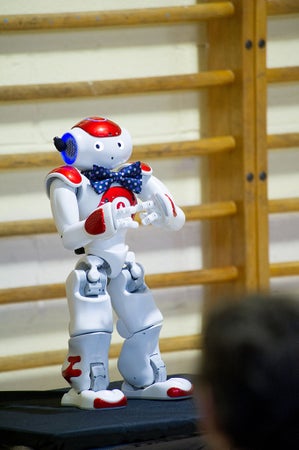
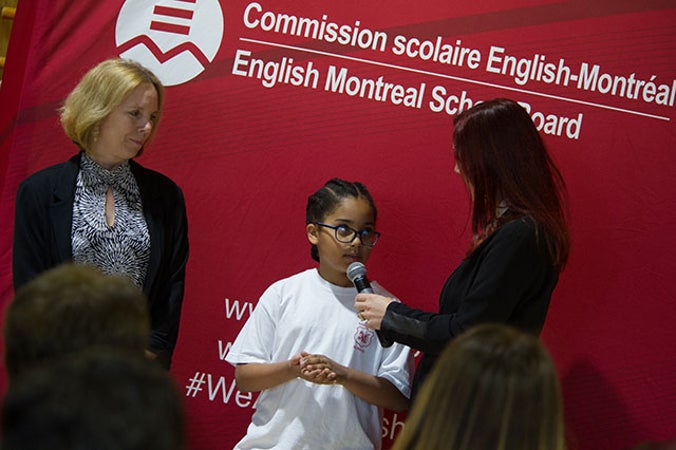
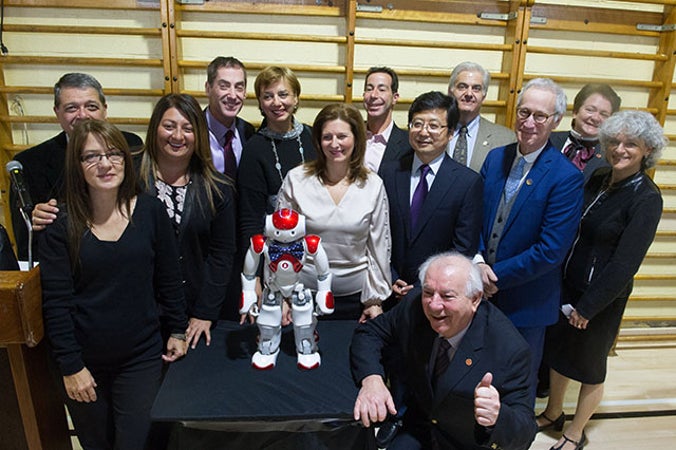
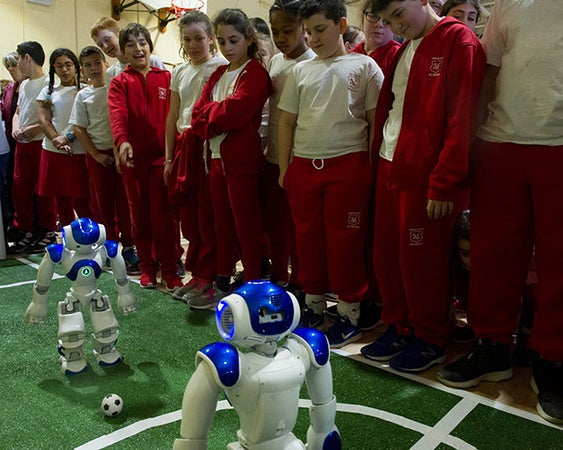
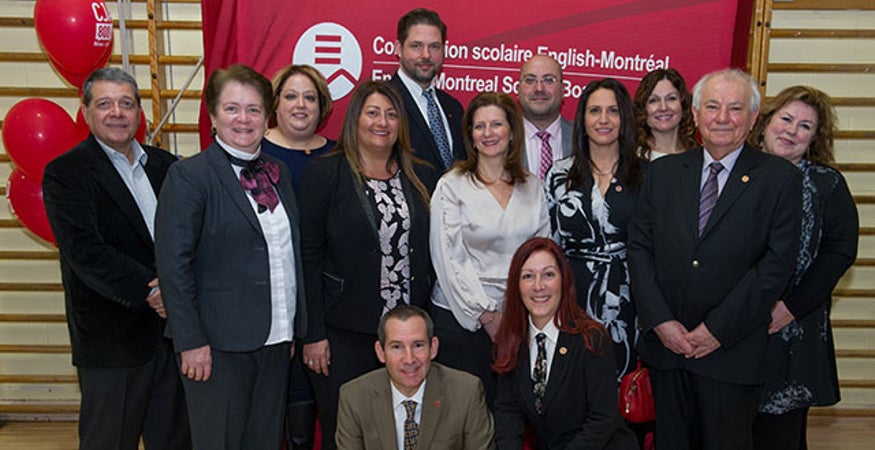
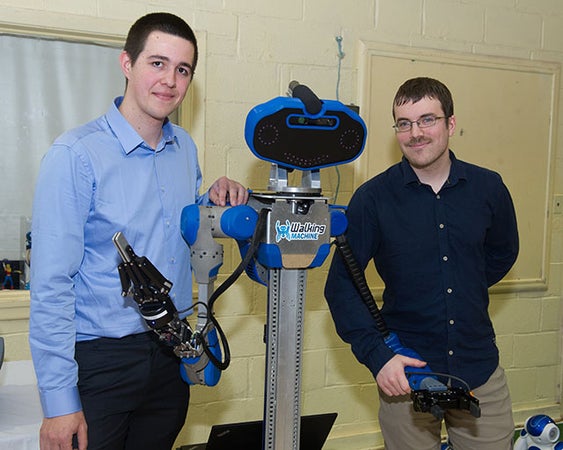
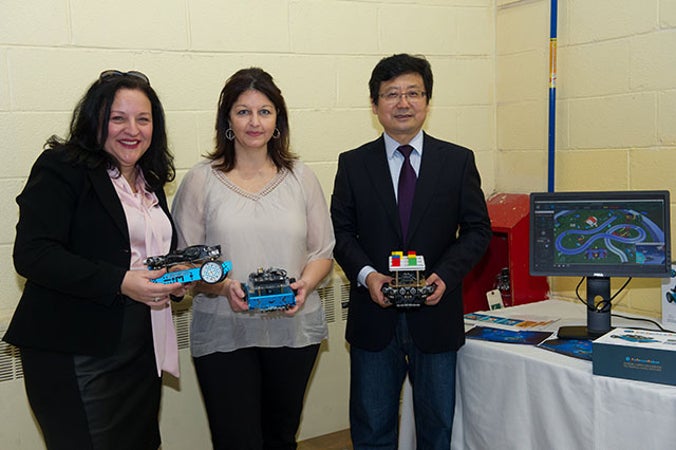
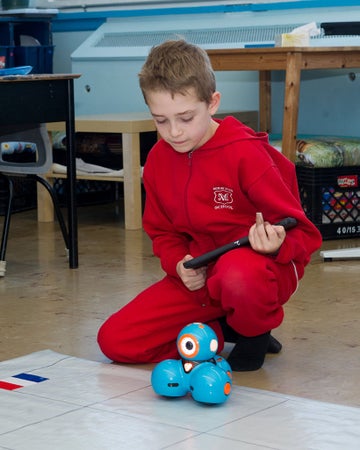
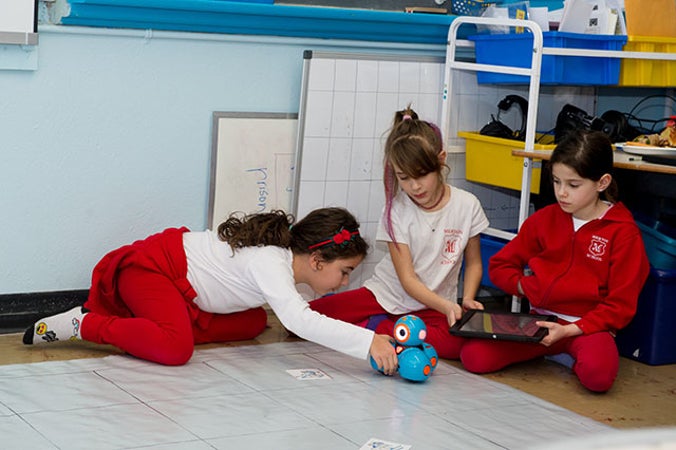
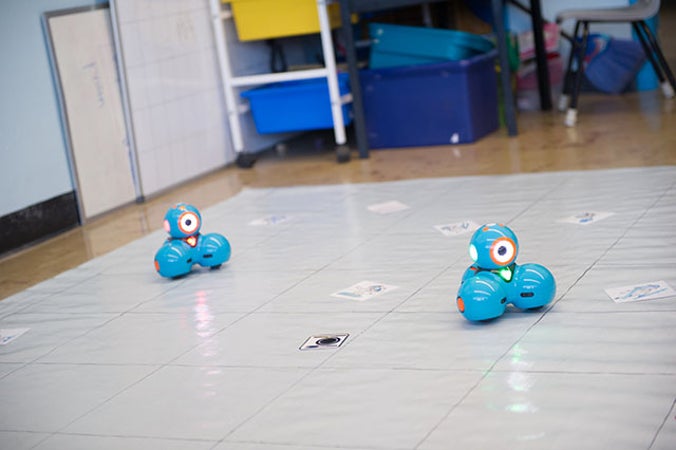

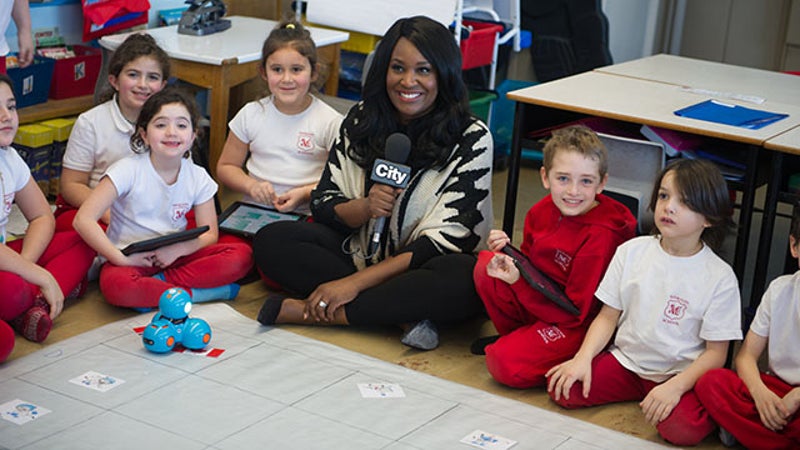

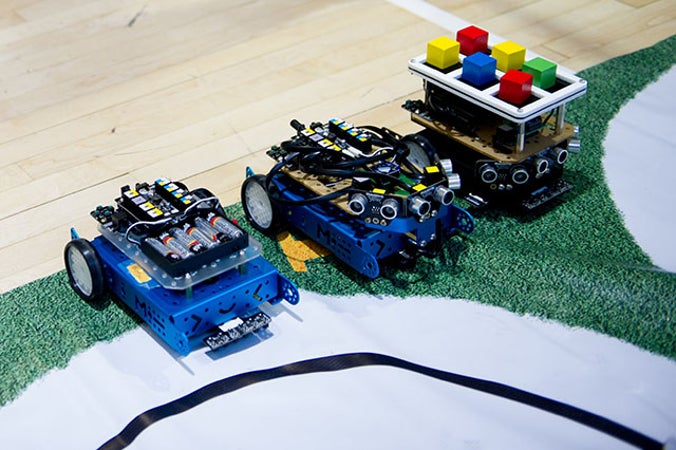
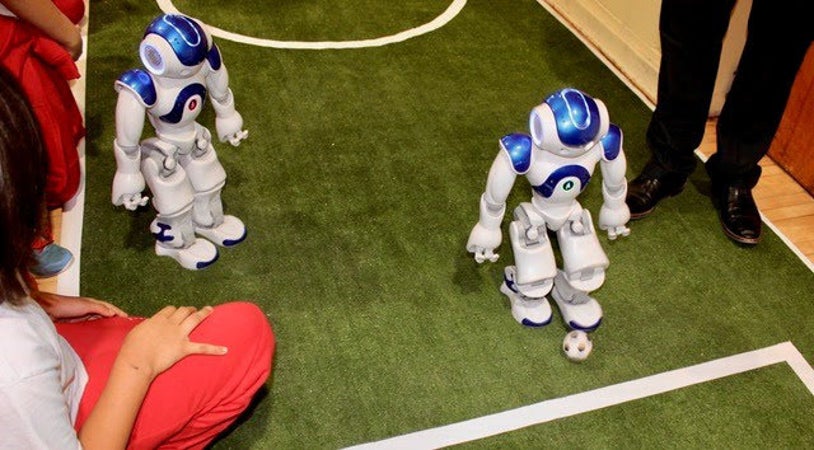
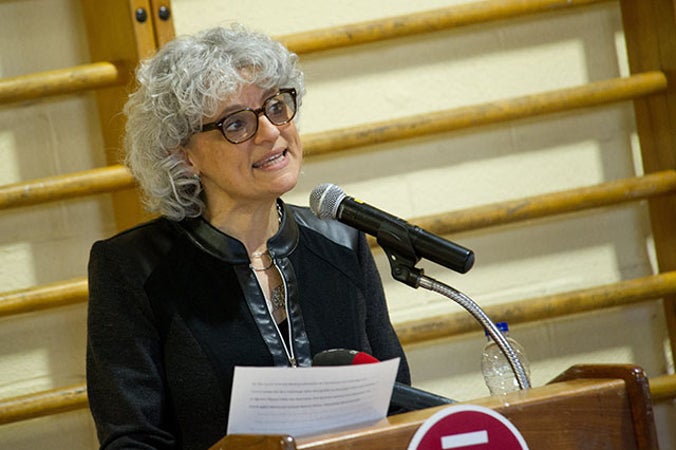
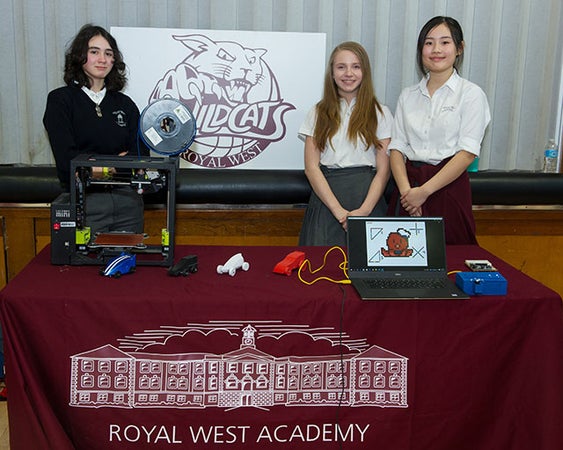
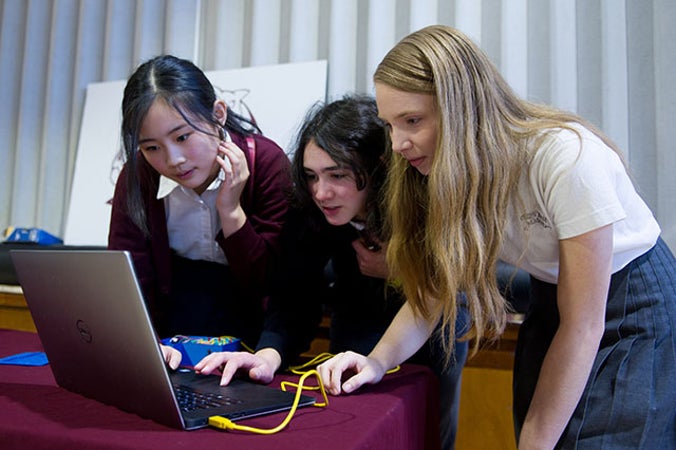
.jpg?h=450)
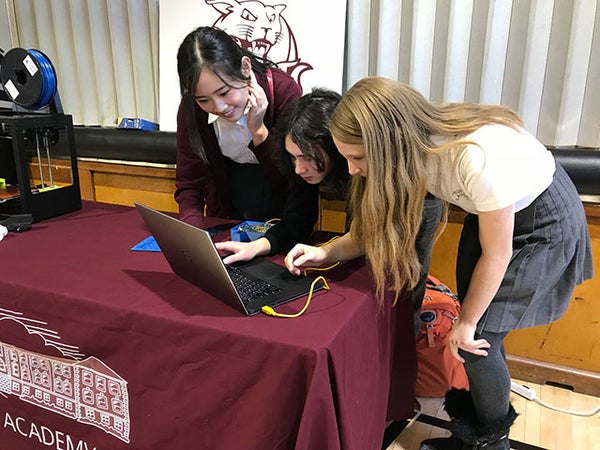
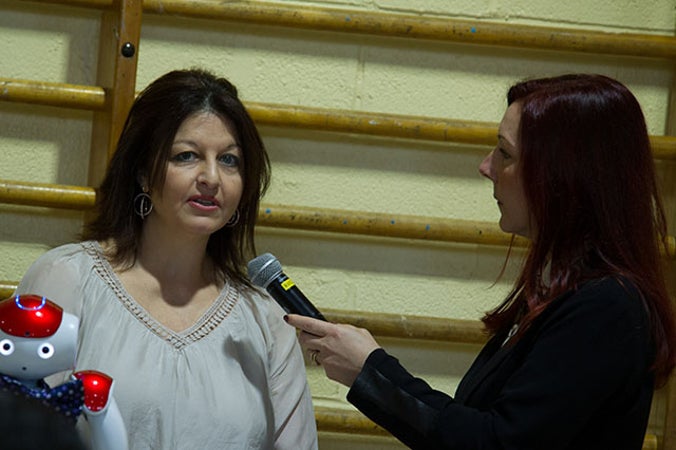
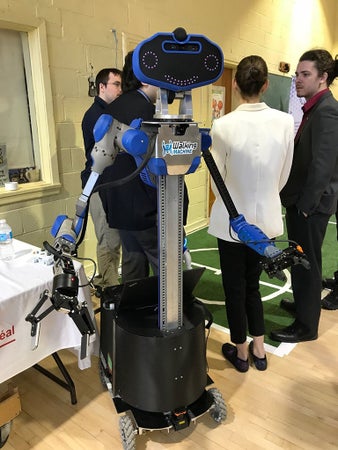
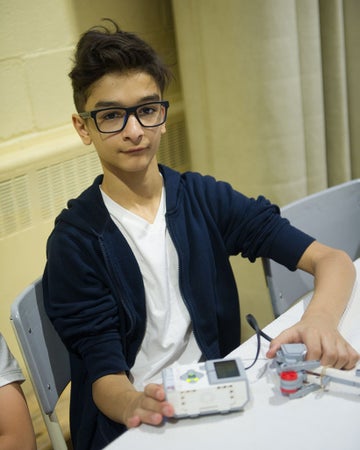
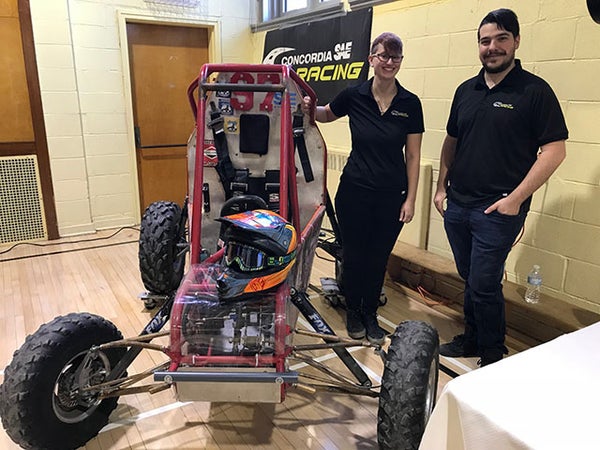
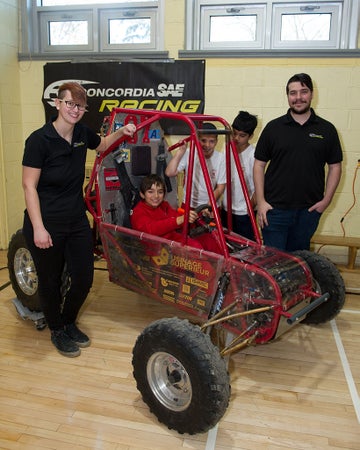
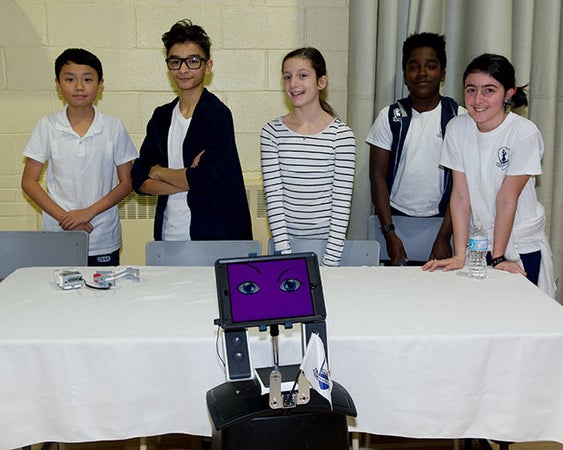
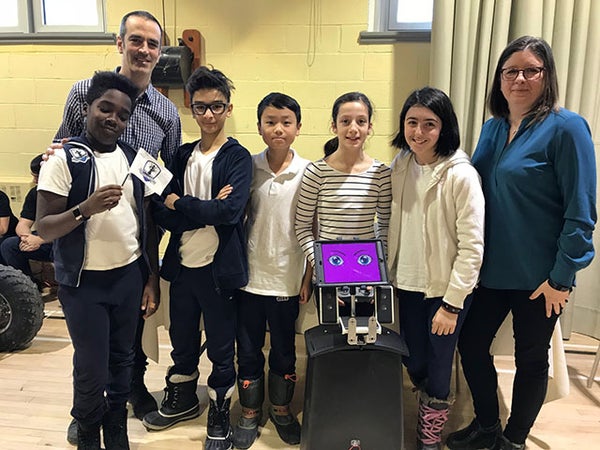
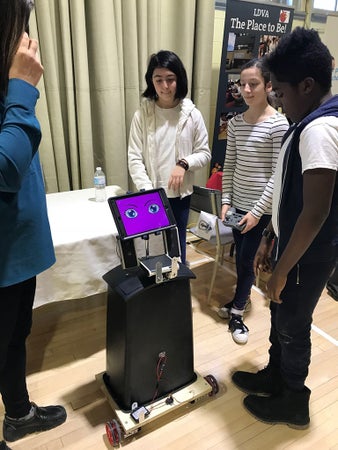
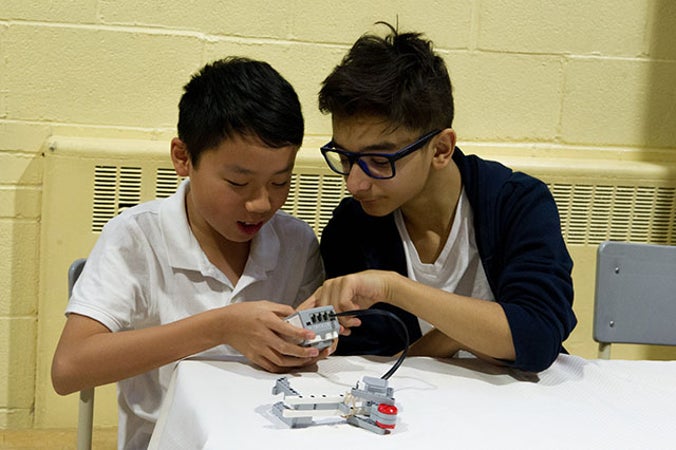
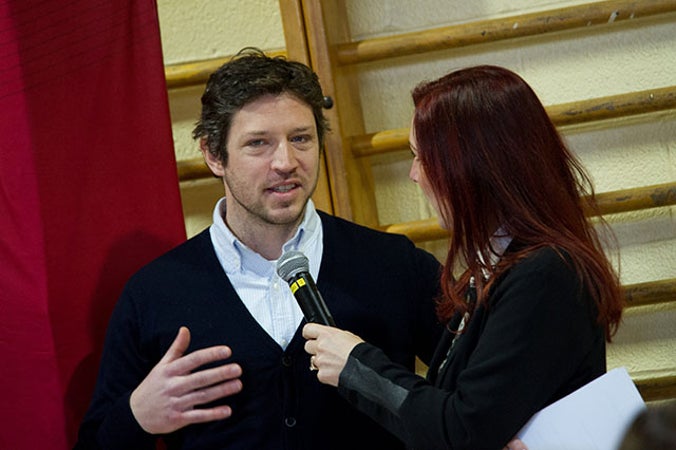

.jpg?h=450)

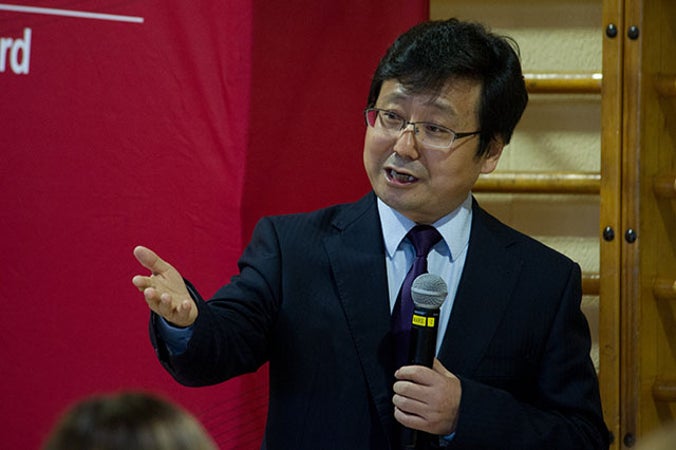
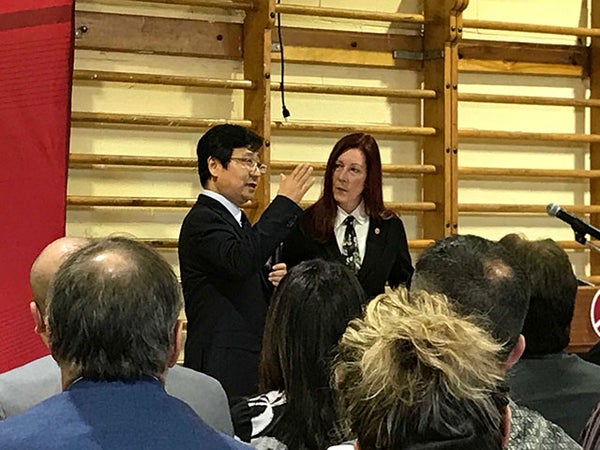



























.jpg?w=150&h=100)



































.jpg?w=150&h=100)












.jpg?w=150&h=100)








